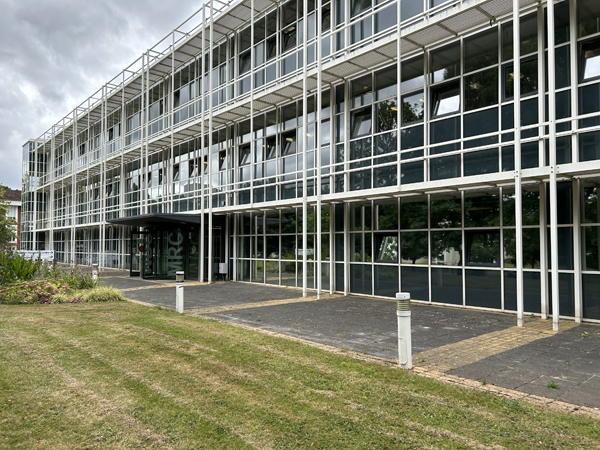Hugh Clegg (1920-95), the new ‘Warwick School’ of Industrial Relations and the Creation of the Modern Records Centre
DOI:
https://doi.org/10.31273/eirj.v11i4.1581Keywords:
Warwick University, industrial relations, Hugh Clegg, George Bain, trade union historyAbstract
The Warwick Industrial Relations (IR) academics, George Bain and Hugh Clegg, were key movers in founding the Modern Records Centre (MRC) & attracting the unique collection of trade union and employers' records. In the late 1960s, after his crucial role on the 1965-68 'Donovan' Royal Commission on Trade Unions and Employers' Associations, Clegg was recruited from Nuffield College, Oxford to become a founding professor in what became Warwick Business School. He won SSRC funding to bring the Industrial Relations Research Unit (IRRU) to Warwick, which became the national centre for the field, with a global reputation, at a time when IR was arguably the central UK domestic issue. Leadership of the IRRU passed to George Bain, then Willy Brown. After retirement, Clegg then used the MRC for the final two volumes of his landmark A History of British Trade Unions since 1889 (Oxford University Press 1985, 1994). Based on interviews with the archivist, Richard Storey, George Bain and other members of the 'Warwick School', my paper will discuss: (1) the formation of Warwick School IR; (2) Bain & Clegg's influence on the MRC; and (3) Clegg's writing on trade union history. In 2003, I co-edited a study of academic IR Understanding Work & Employment (OUP) & for the past 20 years I've published widely on Hugh Clegg. My full biography with Routledge is now out.
Downloads

Downloads
Published
Issue
Section
License
Copyright (c) 2024 Peter Ackers

This work is licensed under a Creative Commons Attribution 4.0 International License.
Authors who publish with this journal agree to the following terms:
Authors retain copyright and grant the journal right of first publication with the work simultaneously licensed under a Creative Commons Attribution License (CC-BY), which permits use and redistribution of the work provided that the original author and source are credited, a link to the license is included, and an indication of changes which were made. Third-party users may not apply legal terms or technological measures to the published article which legally restrict others from doing anything the license permits.
If accepted for publication authors’ work will be made open access and distributed under a Creative Commons Attribution (CC-BY) license unless previously agreed with Exchanges’ Editor-in-Chief prior to submission.
Authors are able to enter into separate, additional contractual arrangements for the non-exclusive distribution of the journal's published version of the work (e.g., post it to an institutional repository or publish it in a book), with an acknowledgement of its initial publication in this journal.
Authors are permitted and encouraged to post their work online (e.g., in institutional repositories or on their website) prior to and during the submission process, as it can lead to productive exchanges, as well as earlier and greater citation of published work. (see: The Effect of Open Access)
